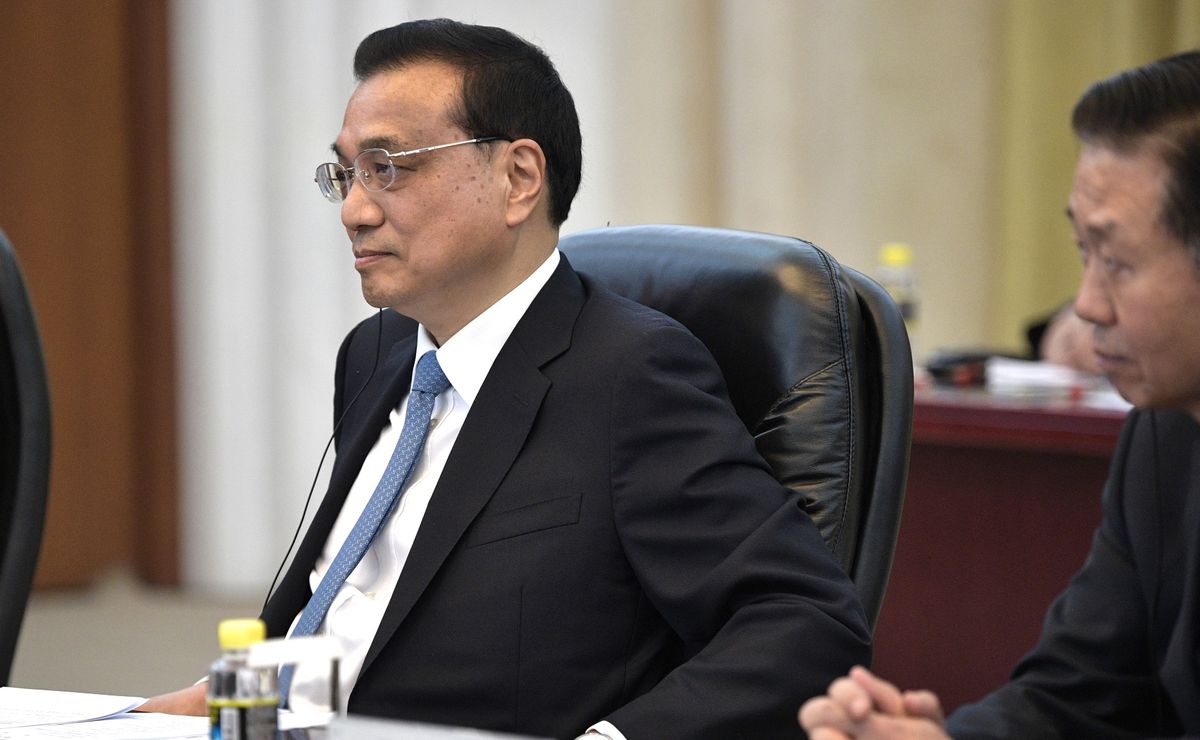China Expands Anti-Espionage Law Amid Tense Business Environment

The Lede: The U.S. is warning American and foreign companies and individuals of doing business in China after an update to Beijing’s anti-espionage legislation came into effect.
What We Know:
- The U.S. National Counterintelligence and Security Center (NCSC) is warning non-Chinese companies and individuals that traditional business activities could constitute espionage or assistance of foreign sanctions on China and be subject to penalties after revisions to anti-espionage laws in the country went into effect on July 1. The updates were released for public comment in December last year and formally approved by Chinese lawmakers in April.
- The new measures ban transfers of any information related to national security, broaden the definition of spying, and call on locally employed Chinese nationals of foreign companies to assist in intelligence efforts. Any documents, data, materials, or items could potentially be labeled relevant to Chinese national security and subject to government scrutiny.
- Analysts and lawyers view the revisions to Beijing’s anti-espionage law as vague, giving authorities flexibility in implementing the country’s already strict and murky national security legislation. They also caution that the Chinese government now has more legal grounds to access and control data held by U.S. and foreign firms in China, which they warn loops in risks for journalists, academics, and researchers.
- The U.S. State Department also updated its travel advisory for China following the activation of the new anti-espionage law, upgrading the "risk of wrongful detentions" among its warnings for Americans to reconsider travel to the country.
The Background: China’s punishments for alleged espionage include life in prison to execution. The business environment for foreign companies in China has already reached a new high in the past months after a string of raids and questioning of staff at the offices of due diligence company Mintz Group and consulting firm Bain and Company. Nicholas Burns, the U.S. Ambassador to China, has said that the recent targeting of U.S. and foreign companies with increased scrutiny is motivated by political rivalry. Meanwhile, Chinese government officials have insisted that the country aims to increase foreign business ties, development, and investment in the country with Chinese Premier Li Qiang promising high-level opening.
Likely Outcomes:
- These new laws signal an increased capacity and willingness to scoop up information and data from foreign firms and affiliated individuals with lower thresholds of what may be considered relevant to national security or national interests. There may also be a risk of Chinese nationals employed by foreign firms being increasingly obliged to report on the inner workings of the workplace.
- Previous laws on espionage have already been overly vague and harsh in punishment. Thus, the scope of Chinese law regarding the matter is difficult to gauge in a practical sense based on its definitions. Foreign firms will likely face similar levels of scrutiny and should exercise corresponding levels of caution in line with the latest, tense business environment. Should the political or economic tensions between China and the U.S. increase in the future, Beijing could act more harshly on the basis of these latest measures.
Quotables:
"China will continue to promote high-level opening-up and provide a more law-based and international business environment for companies from all countries, including the United States.” – Liu Pengyu, spokesman of the Chinese Embassy in Washington
"Many of the amendments incorporate previously released legal authority that has already gradually expanded counter-espionage work and powers since the law was adopted in 2014.” – Jeremy Daum, senior fellow at Yale Law School's Paul Tsai China Center and founder of China Law Translate
“Confidence in China’s market will suffer further if the law is applied frequently and without a clear, narrow and direct link to activities universally recognised as espionage.” – Craig Allen, president of the US-China Business Council
Good Reads:
U.S. warns China's new anti-espionage law puts companies at risk (Nikkei Asia)
Fears for people and firms as China’s new anti-espionage law comes into effect (The Guardian)
Bad as it Ever Was: Notes on the Espionage Law (China Law Translate)
